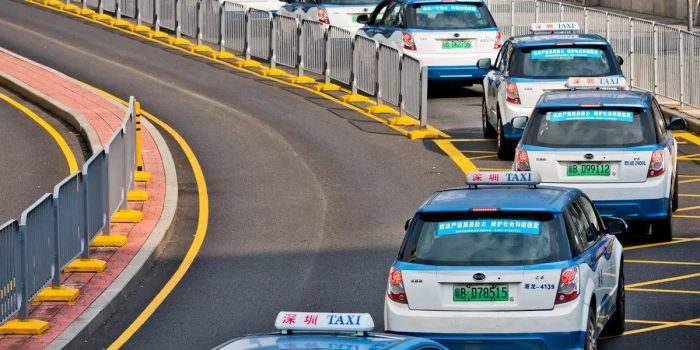The automotive industry is witnessing a significant shift toward cleaner forms of mobility, with electric vehicle (EV) technology emerging as a practical choice to replace traditional internal combustion engine (ICE) vehicles. New players in the EV industry, particularly from China, are challenging established automakers globally, prompting the latter to leverage their supply chains for cost efficiency and accelerated development.
The International Energy Agency’s (IEA) Global Electric Vehicle Outlook for 2023 reveals a remarkable 55 percent increase in global EV sales in 2022, projecting a further 35 percent surge in 2023. The report highlights the transformative impact of EVs on the energy sector, estimating a reduction of at least 5 million barrels of oil per day by 2030.

In 2022, global EV sales exceeded 10 million units, with China dominating the market with a 60 percent share. Europe and the United States also experienced significant growth, with sales increases of 15 percent and 55 percent, respectively. Emerging economies like India, Indonesia, and Thailand witnessed a notable expansion in EV sales, with triple-digit growth in India and Indonesia.
Chinese EV manufacturers have gained a competitive edge globally due to their control over the supply chain, enabling competitive pricing. BYD, for instance, oversees its entire supply chain for EV batteries, including raw material acquisition and battery pack production, ensuring cost efficiency. This advantage has raised concerns among traditional automakers, especially as Chinese EVs enter global markets.
To compete, established firms are focusing on introducing new battery technology to reduce overall EV costs. Renault aims for a 40 percent cost reduction for its EVs, seeking price parity with conventional models. Stellantis, in collaboration with China’s CATL, is establishing a European facility for more economical LFP batteries. European automakers like Volkswagen and Tesla are actively developing EVs priced around 25,000 euros.

US automakers, protected by subsidies, are also working on cost-effective EVs. Elon Musk hinted at a $25,000 EV ‘revolution’ with the Tesla Model 2. As competition intensifies, automakers are striving to bring technological advancements and lower prices to consumers, making the transition to EVs more accessible.
In conclusion, the rapid growth of the EV market, driven by advancements in technology and increased consumer demand, is reshaping the automotive industry. The competitive landscape is evolving, with traditional automakers adapting strategies to stay relevant in the face of challenges posed by new entrants, particularly from China. Consumers stand to benefit from these developments, enjoying both technological innovations and more affordable EV options in the evolving automotive landscape.


